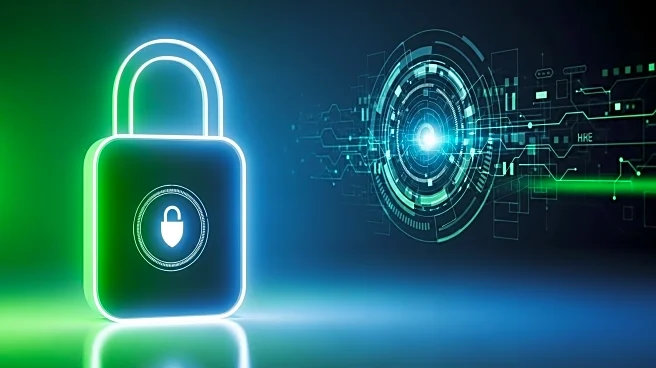What's Happening?
Alexei Bulazel, a top cyber official at the National Security Council, expressed concerns over the lag in security technology within critical infrastructure compared to modern smartphones. Speaking at the Billington Cybersecurity Summit, Bulazel highlighted the inadequacy of software and hardware in sectors like energy, which rely heavily on SCADA systems. He emphasized the need for critical infrastructure to achieve security levels comparable to smartphones to mitigate threats from top-tier cyber actors. Bulazel's remarks align with the Trump administration's focus on defensive strategies, including secure-by-design principles, while also maintaining offensive cyber capabilities.
Why It's Important?
The call for improved security in critical infrastructure is significant as these systems are vital to national security and economic stability. Enhancing cybersecurity in sectors like energy can prevent potential disruptions caused by cyberattacks, which could have severe consequences for the U.S. economy and public safety. By raising the technical standards in critical infrastructure, the U.S. can better deter intentional and deliberate cyber threats. The Trump administration's approach to shifting the focus from victims to villains in cyberspace underscores the importance of proactive defense measures.
What's Next?
The Trump administration is expected to continue advocating for secure-by-design principles and offensive cyber capabilities as part of its cybersecurity strategy. Efforts to improve the security of critical infrastructure will likely involve collaboration between government agencies and the private sector to implement advanced technologies and best practices. The administration's focus on deterring cyber adversaries will remain a priority, with potential policy developments aimed at enhancing national cybersecurity resilience.









